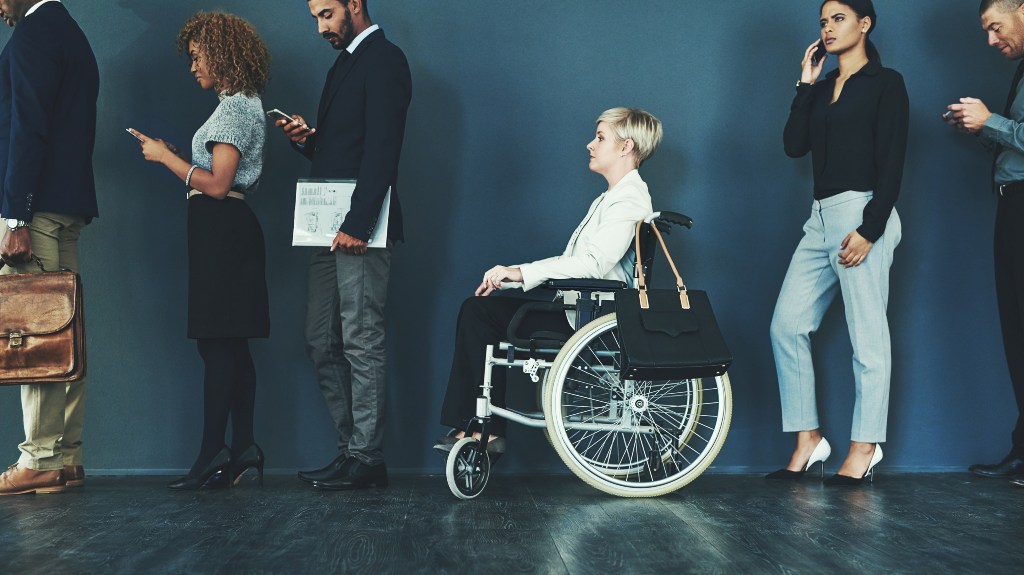
Applying for SSDI is hard. It is a long and difficult process that can result in a lot of stress, a lot of paperwork, and perhaps some things that you shouldn’t have said. Tabak is here to help with our list of what not to say when applying for SSDI. Keep reading to learn about the disability interview, what you should expect, how to prepare, and some things you shouldn’t say.
What is an SSDI Disability Interview?
An SSDI disability interview is something that typically occurs early in the process. Do not confuse this with a disability hearing. A hearing is held in front of a judge and happens late in the process after you have received an initial denial.
A disability interview could be held face-to-face if you apply in person, but more often than not it is a scheduled interview that will take place over the phone. During the interview, you will talk to a Social Security Administration representative and they will go over your application with you.
Be prepared for this interview, have your medical records available and be familiar with them, and make sure you have a copy of the application so that you know what they are asking and talking about. It may also be useful to review the SSA Blue Book for their internal guidelines on symptoms related to your condition as well.
It’s also important to remember the purpose of SSDI. This program is for people who are unable to work due to their condition. The SSA rep is collecting information to either prove you should be able to work or prove you can’t. Keep that in mind as you are answering questions about yourself and the symptoms of your disability.
Official SSDI Cost-of-Living Adjustment Increase for 2024
Things to Avoid During a Disability Interview
This is the most important section of this blog, and likely what you came here for in the first place. Whether it’s your interview or even filling out paperwork, there are several things that you should avoid.

- Avoid Exaggerations or Lies: This may seem obvious, but it’s also easy to bend the truth a little bit, and sometimes it doesn’t even seem dishonest. After all, you know your symptoms better than anyone else, even your doctor. However, try to stick to facts and whenever possible, highlight debilitating symptoms that are backed up by evidence in your medical record.
- Don’t Downplay Your Illness: Downplaying your illness is the flip side of our last point. Some people, perhaps even you, would rather say that a symptom is fine or manageable than it’s not. It’s a natural reaction. You want to appear to be capable because the alternative is disheartening. However, if you downplay and only talk about your good days you will harm your case.
- Stick to Your Diagnosis: If you have another illness or a symptom that is undiagnosed, it may seem helpful to your case to include it. However, if you start discussing symptoms that aren’t backed up by your medical record, then you risk confusing Social Security or even harming your credibility.
- Don’t be Rude: We know that the SSDI application process is often frustrating, but try not to take that frustration out on anyone who may be helping you. They are professionals and shouldn’t let emotions affect decisions, but interviews can often go off the rails when you are frustrated leading to incorrect answers and even potentially important questions not being asked.
Read More: Do You Have to Have a Permanent Disability to Get SSDI?
Get Legal Help With Your SSDI Case
If you need legal help with your SSDI case, then you should call Tabak for the Payback! We have years of legal experience helping people get the SSDI benefits that they are entitled to. If you have been denied your claim, then we can help. We only get paid if you win and we only take payment out of your back pay, so there will be no ongoing financial burden to you. Reach out today for a free case review.
Nothing posted on this website is intended, nor should be construed, as legal advice. Blog postings and site content are available for general education purposes only.
